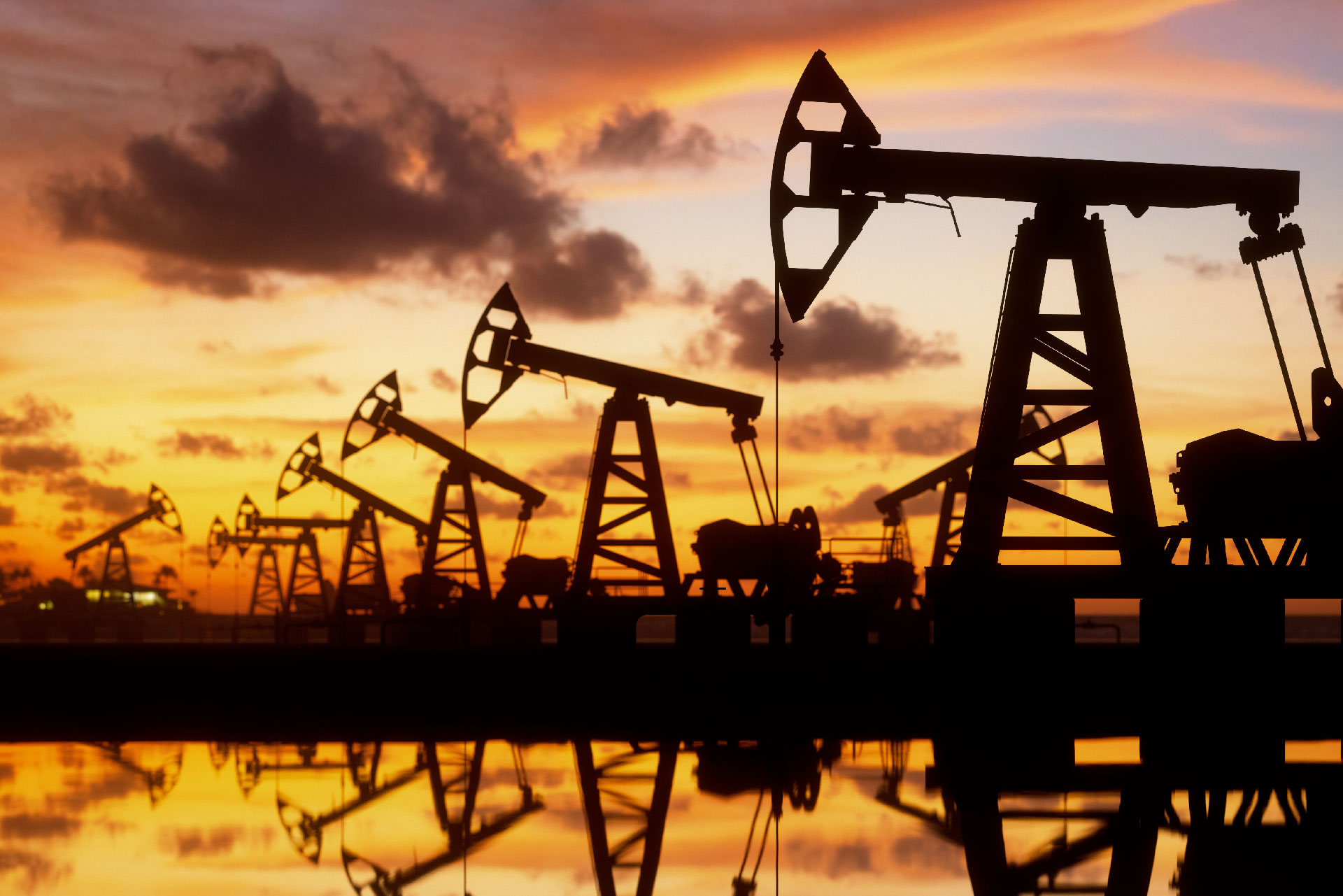The outbreak of military conflict in Ukraine by Russia, the European Union's main external supplier of natural gas, has reminded us of the value of diversifying energy supplies and brought Energy security at the forefront of Member State governments. The European Union is now buckling its seatbelt with a plan to protect consumers from a possible disruption in natural gas supplies and to increase the continent's energy security: the REPowerEU plan.
Announced in March 2022 and approved in May, the REPowerEU plan is based on two main arguments in favor of urgent transformation of Europe's energy system: the need to eliminate the EU's dependence on fossil fuel imports from Russia and the need to deal with the climate crisis. The three pillars of the plan are: energy savings, diversification of supply and accelerated development of renewable energy.
As regards diversification of natural gas supplyThe main measures are related to the development of pipeline infrastructure, increased imports of liquefied natural gas (LNG) from alternative suppliers and increased domestic production.
"Cutting fossil fuel supplies from Russia will require targeted investment in gas infrastructure to ensure security of supply and very limited changes to oil infrastructure, as well as large-scale investment in the electricity grid and an EU-wide hydrogen pipeline. In parallel, some of the existing coal mining capacity could also be used for a longer period than originally envisaged, reserving a role in this scenario for nuclear energy and domestic gas resources", says REPowerEU plan.
According to the European Commission, the trans-European energy networks (TEN-E) have contributed to the creation of a resilient and interconnected gas infrastructure in the EU, and it is therefore necessary to develop it in line with the current context. "Limited additional gas infrastructure is needed, which would require investments estimated at around €10 billion, to complement the existing list of Projects of Common Interest (PCIs) and fully offset the future loss of gas imports from Russia", said the European Commission.
Also, Gas storage plays an essential role in ensuring continuity of gas supply. More recently, the Commission tabled a legislative proposal introducing a mandatory minimum level of 80% of natural gas storage until November 1, 2022 and 90% in the following years.
"Gas storage facilities are critical infrastructures to guarantee security of supply"explained the European Commission.
Another measure to improve resilience and reduce prices is the EU's partnerships with third countries for the collective purchase of natural gas and hydrogen. The Commission has therefore created a Task Force on joint EU gas procurement.
"Through centralized action at the demand side, the Task Force would facilitate and strengthen the EU's international outreach to gas suppliers to help secure adequately priced imports before next winter." explained the European Commission.
Natural gas industry backs REPowerEU
"The Russia-Ukraine conflict has highlighted how vulnerable the energy sector can be to geopolitical events.It showed that such events have a negative impact on all dimensions of what we call energy trilemmaThey can make energy less affordable, less sustainable and less secure. Due to the globalized nature of energy markets, the effects are also felt globally"says the International Gas Union, in Global Gas Report 2022.
According to the association, "additional infrastructure, including import and storage facilities, can increase energy security. Extreme weather over the past two years has also put energy security to the testbut in the meantime, natural gas has proven to be a reliable source of electricity generation that can make up shortfalls from other sources".
"During the crisis, European gas infrastructure has played a vital role in ensuring that essential services are maintained for the good of European citizens, communities and their economies. Natural gas infrastructure is a driving force for security of energy supply, as it provides uninterrupted energy across Europe to continuously generate electricity, provide fuel for industry and transportation, and provide Europeans with affordable energy for cooking, heating and cooling", notes Gas Infrastructure Europe (EIG).
In response to the REPowerEU plan, EIG stresses that "to ensure efficient and secure energy supplies for EU consumers, it will be essential to maintain a legislative framework that supports a dynamic internal energy market with free and transparent price formationwhich allows significant investment needed and smart demand-side solutions".
The International Association of Oil and Natural Gas Producers (IOGP) has announced that it fully supports REPowerEU's objective to stimulate diversification of natural gas supply, energy savings and the use of renewable energy and hydrogen. "Security of supply is a matter of strategic interest. Europe (EU27, UK and Norway) produces about 40% of the natural gas it consumes, and this contributes directly to Europe's strategic autonomy. The increasing availability of renewables also contributes to a lower dependence on imports, and the IOGP welcomes the measures proposed to help accelerate their implementation, which rely on natural gas to stabilize energy sources"IOGP points out.
It also called on EU Member States "to further strengthen EU resilience by optimizing the production of Europe's oil and gas resources". IOGP also emphasizes that "secure energy supply to consumers is best achieved through stable, well-regulated, interconnected and liquid energy markets, with free and transparent price formation for competing energy sources from a variety of domestic and global suppliers" (source, HERE).
"Europe needs to adapt its policies to give more support to gas infrastructure and increase domestic production to support its security of supply", says an analysis in Global Voice of Gas magazine, published by the International Gas Union.
"For European leaders, the challenge is threefold. Action must be taken to sustain overall energy supplies and lower prices, while replacing Russian energy sources with alternatives as soon as possible, while ensuring that decarbonization remains a priority. Against the backdrop of these unfavorable conditions, the European Commission is looking to increase non-Russian imports of liquefied natural gas and pipeline gas in light of Moscow's actions in Ukraine. Commission recognizes that gas infrastructure will need to be expanded to provide greater energy security. But it remains to be seen whether the EU will adapt its policies to support this," the analysis added.
How Romania is strengthening its energy security
In terms of increasing EU natural gas production to enhance security of supply, there are also some challenges related to increasing Europe's domestic supply.
"First, there are geological aspectMany European countries have mature oil and gas industries with less potential for new discoveries. European production has been in decline since the early 2000slargely due to low production in the UK and the Groningen deposit in the Netherlands", Global Gas Report 2022.
With over a century of history in natural gas exploitation, one of the oldest in the world, Romania is in a similar situation to other European countries, facing declining production. The strategic advantage now lies in the natural gas resources discovered in the Black Sea, which, if developed, would not only fully cover the country's domestic consumption needs, but could also turn Romania into a regional security supplier. If the investment decision is taken, the first molecules from Neptun Deep could enter the system by the end of 2026, according to current estimates by operators. In June, however, Black Sea Oil & Gas is expected to start production in the Ana perimeter, bringing additional volumes to a shrinking domestic market.
Another good news came from Transgaz, Romania's natural gas transmission system operator. In May, the company signed an agreement with the Three Seas Initiative Investment Fund to collaborate on the construction of natural gas infrastructure in Romania. The total value of the projects is estimated to be up to €626 million.
The agreement "recognizes the strategic and economic importance of investing in Romania's gas pipeline infrastructure. Given Romania's extensive domestic oil and gas reserves, additional investment in natural gas transportation infrastructure is expected to boost economic development in the region, while supporting European energy security and energy transition in the Three Seas region", Transgaz.
Romania must therefore continue to work in line with the measures taken at European level: to provide energy from reliable, stable sources that also ensure the achievement of environmental objectives.





